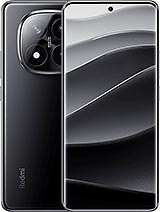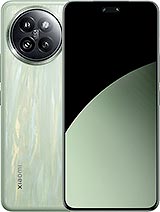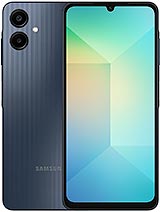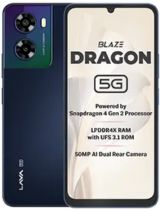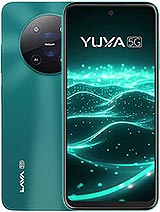Google Pixel 7a alternatives
Tap above to see alternatives.
Tecno Pop 9 alternatives
Tap above to see alternatives.
Google Pixel 7a

Google Pixel 7a
-
Tensor G2
5 nm
-
4385 mAh
18W
-
6.1"
1080 x 2400 pixels
-
64 MP
4K@30/60fps
-
Specs

Tecno Pop 9

Tecno Pop 9
-
Dimensity 6300
6 nm
-
5000 mAh
18W
-
6.6"
720 x 1612 pixels
-
48 MP
1080p@30fps
-
Specs

2x2.85 GHz Cortex-X1
2x2.35 GHz Cortex-A78 & 4x1.80 GHz Cortex-A55
2x2.4 GHz Cortex-A76
6x2.0 GHz Cortex-A55
4GB 128GB (UFS 2.2)
f/1.9, 26mm (wide), 1/1.73", 0.8µm, dual pixel PDAF, OIS
13 MP
f/2.2, 120˚ (ultrawide), 1.12µm
(wide), 1/2.0", 0.8µm, AF
Auxiliary lens
1080p@30/60/120/240fps
f/2.2, 20mm (ultrawide), 1.12µm
1080p@30fps
SIM1: Nano, SIM2: eSIM
SIM1: Nano, SIM2: Nano
FDD: N1, N2, N3, N5, N7, N8, N12, N20, N25
TDD: N38, N40, N41, N66, N75, N76, N77, N78, N79
FDD: N3
TDD: N40
FDD: N1, N2, N3, N5, N7, N8, N12, N20, N25, N28
TDD: N38, N40, N41, N66, N75, N76, N77, N78, N79
FDD: N3
TDD: N40
In this performance comparison, the Google Pixel 7a with its Google Tensor G2 (5nm) performs better than the Tecno Pop 9 with the Mediatek Dimensity 6300 (6nm), thanks to superior chipset efficiency.
Google Pixel 7a features a superior AMOLED display, while Tecno Pop 9 comes with an LCD panel. In terms of smoothness, Tecno Pop 9 offers a higher 120 Hz refresh rate, ensuring fluid scrolling and animations. Google Pixel 7a also boasts a brighter screen with 1000 nits of peak brightness, enhancing outdoor visibility. Notably, Google Pixel 7a offers a higher screen resolution, resulting in sharper visuals and more detailed content.
Tecno Pop 9 features a larger 5000 mAh battery, potentially delivering better battery life. Both devices support the same wired charging speed of 18W. Google Pixel 7a supports wireless charging at 5W, while Tecno Pop 9 does not support wireless charging.
Google Pixel 7a offers better protection against water and dust with an IP67 rating.
- Google Pixel 7a – Check price here
- Tecno Pop 9 – Check price here
¹ Scores can vary even with the same chipset due to RAM, thermals, and software optimization.



